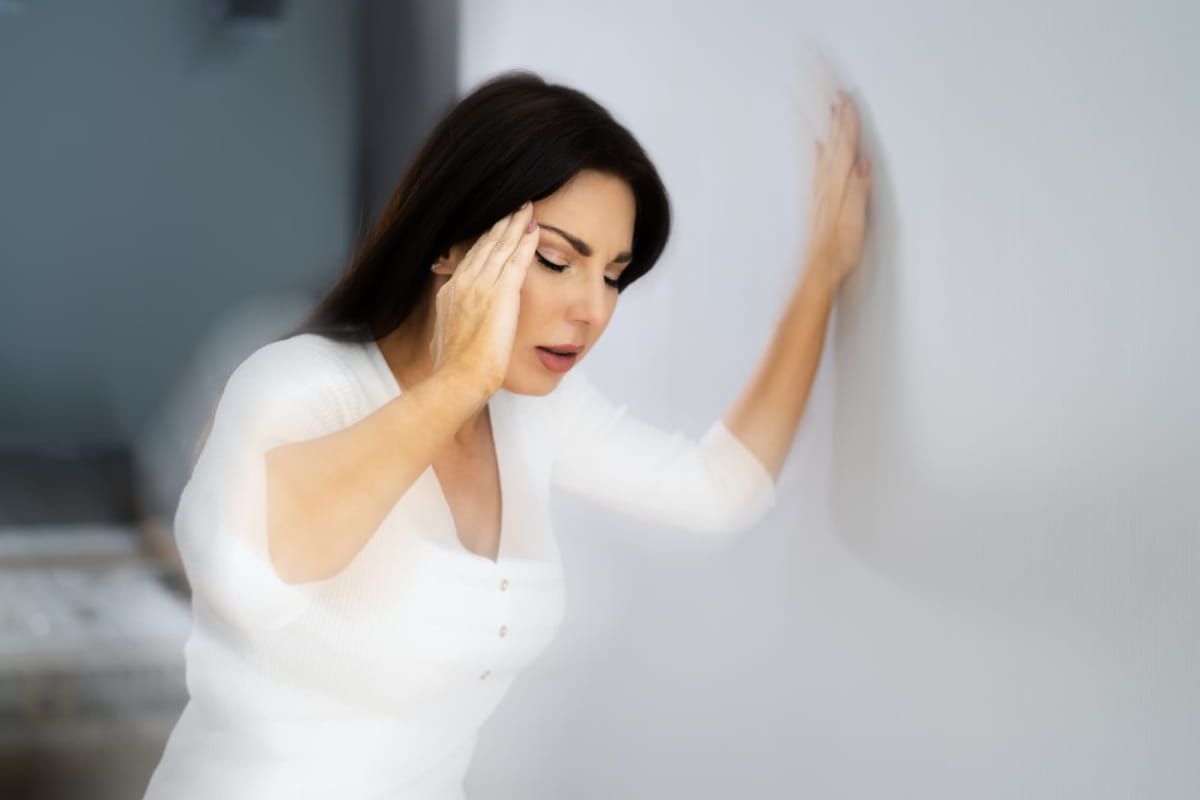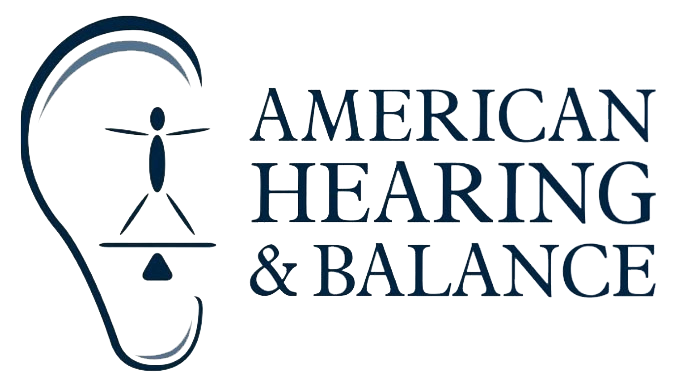Everything You Need to Know About Balance Disorders
Everyone feels dizzy from time to time. Whether you have stood up too quickly or you are feeling under the weather, dizziness is a natural response our body produces.

Contents
While dizziness is a common sensation — just like anything — there’s a fine line between a regular bout of dizziness and one that’s a cause for concern.
Understanding the difference between the two is essential in helping you to find a solution, both short term and long term.
What Causes Balance Disorders?
With your ears playing a key role in maintaining balance, hearing loss puts you at a higher risk of looseness on your feet.
Simply said, canals in your inner ear contain fluid and hair-like sensors that help to maintain your balance. If these are damaged, they can present uncomfortable sensations.
With that said, many factors may cause balance disorders, including:
Viral infections
Stress
Head traumas
Medications
Head movements
Radical movements
Sometimes, your inner ear canals become loose, which causes “crystals” to float around. To combat this, we conduct a procedure called the Epley maneuver, which is a quick simple head maneuver that can be conducted in our office.
For some people, the Epley maneuver provides immediate relief. Whereas, for others, it can sometimes take weeks – it all depends.
How Does A Doctor Check For Balance Disorders?
At American Hearing & Balance Center, we perform a test called a videonystagmography (VNG), which involves monitoring your eyes on a screen.
It’s a 45-minute test that includes following different lights or objects and your reaction to the stimulus. Then, we will put your head in different movements and follow your eyes on a computer screen.
Finally, we will conduct air calorics, which involves stimulating your inner ear canals with air four times for 60 seconds.
Usually, your eyes will have nystagmus, which is where they will twitch back and forth. Based on this, we will measure the symmetry between your eyes and analyze whether these waves are at the same height.
What Should Someone Do If They’re Concerned About A Balance Disorder?
If you or a loved one has recently been experiencing dizziness for a long period, then it’s likely that you’re suffering from a balance disorder.
But don’t panic; the best thing you can do is visit a doctor of audiology.
From there, they perform a hearing test to make sure your hearing is symmetrical and then either a videonystagmography (VNG) or an electronystagmography (ENG).
The good news is that you’ve come to the right place. If you have any questions about anything in this article, then give us a call and we will be happy to tell you the next steps.
Related









